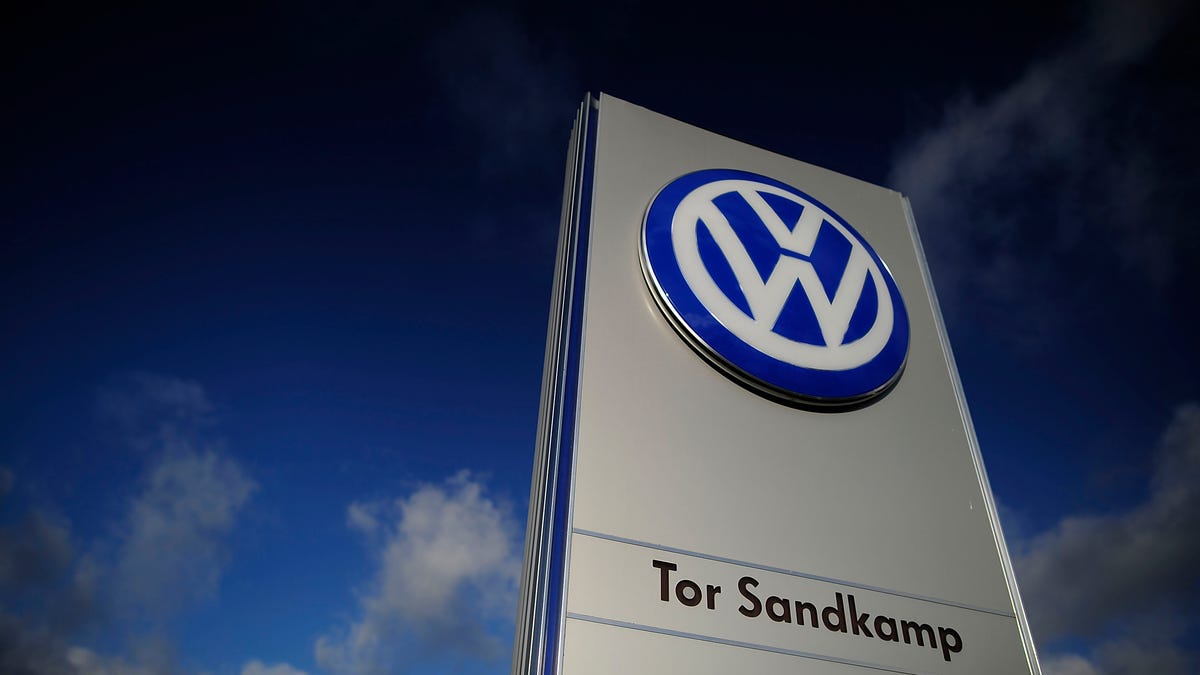Volkswagen to Europe: Don't expect a sweet settlement like the US
This probably comes as a bit of a bummer to the millions of non-Americans driving VW's dirty diesels.

When Volkswagen announced the details of its $15 billion settlement in the US, wherein it will buy back or attempt to fix the roughly 500,000 over-polluting diesels on the road, I'm sure Europeans were eager for a similar setup for them. Volkswagen just burst that bubble, saying it won't replicate the program across the pond.
Volkswagen CEO Matthias Mueller told German newspaper Welt am Sonntag that it would not offer the same terms to Europeans that it did to Americans, as translated by Reuters. "You don't have to be a mathematician to realize that compensation at arbitrarily high levels would overwhelm Volkswagen," Mueller told the paper.
The issue is twofold. First, only half a million over-polluting TDIs are on American roads. The rest of the world contains some 10.5 million cars. That's 20 times the number of vehicles, so it stands to reason that replicating the American settlement around the world could cost as much as $300 billion, which would straight-up ruin the company.
Second, the US has stronger emissions regulations than other countries, making the fix more complicated here. Late last year, Volkswagen submitted its proposed fixes for multiple European diesel engines, most of which involved small part swaps and software updates. Any fix in the US is likely to be far more time-intensive and expensive, and there's no need to replicate it elsewhere.
Volkswagen ended up in this muck after it admitted to installing "defeat device" software on millions of its diesel vehicles. This software could tell when a lab test was being run, and it would intentionally curtail nitrogen-oxide emissions. But, when the cars hit the road, they would end up polluting well in excess of legal limits in order to increase performance.

